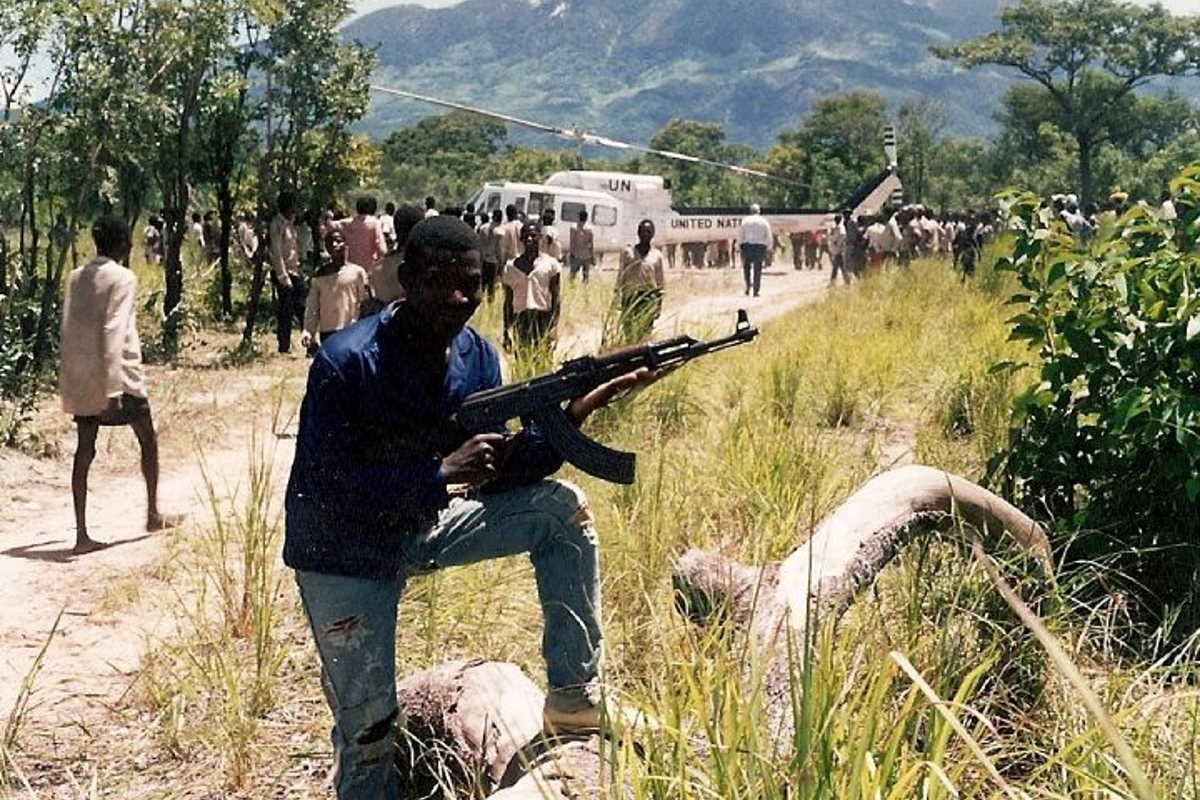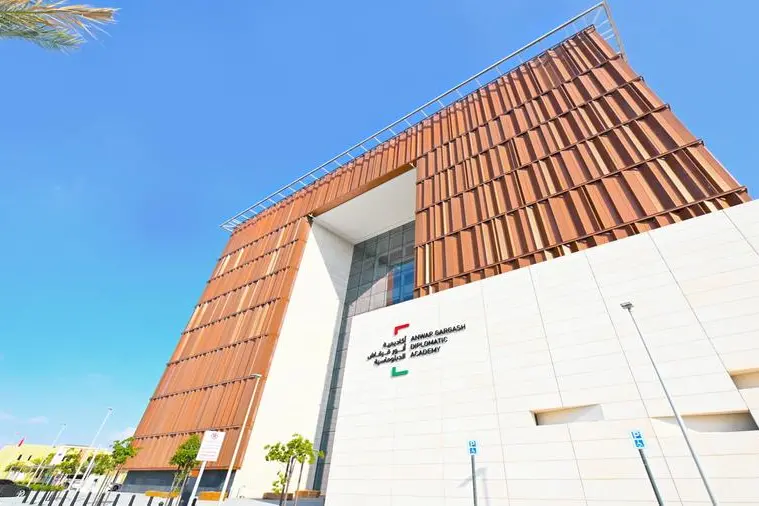On 15 July 2020, the Institute for Security Studies (ISS) hosted a seminar on regional responses to the insurgency in Mozambique. The seminar looked at the situation from a regional perspective. The insurgency in Cabo Delgado is an ongoing conflict in Mozambique, mainly fought between Islamist militants attempting to establish an Islamic state in the region, and Mozambican security forces. Civilians have been the main targets of attacks by Islamist militants. Attacks by insurgents in northern Mozambique have so far cost the lives of over 1 000 people and displaced more than 200 000 citizens. The virtual seminar explored how countries in Southern Africa should respond to the growing threat of terrorism and the conflict in Mozambique and why there is a hesitation to searching for African solutions to this crisis.
Until SADC’s Organ on Defence, Politics and Security Cooperation summit in Zimbabwe on 19 May – two and a half years after the first attack in Cabo Delgado province – SADC hadn’t made any pronouncement on the matter. The African Union (AU) first acknowledged the crisis in February. It announced its willingness to support Mozambique, but couldn’t intervene ahead of SADC, following the principle of subsidiarity that governs relations between the AU and Regional Economic Communities (RECs). In May 2020, leaders of the Southern African Development Community (SADC) committed to supporting Mozambique ‘against armed groups and terrorists’ who are wreaking havoc in Cabo Delgado province. Yet there has since been little clarity on what SADC and its member states are planning to do. Meanwhile, calls have been made for non-African intervention to prevent violent extremism spreading in Southern Africa.
The speakers at the seminar were Dr David Matsinhe, Lusophone researcher at Amnesty International, Martin Ewi, Regional Coordinator for Southern Africa at ISS ENACT and Professor Martin Rupiya, ACCORD’s Innovation and Training Manager. In his analysis, Professor Rupiya highlighted that Cabo Diego has been one of the poorest regions in Mozambique since independence therefore rebel groups found existing fault-lines in the region. The discovery of large amounts of rubies and natural gas in the region has become a resource curse and unemployed youth in the region have positioned themselves in the hands of the rebel groups. Professor Rupiya emphasised that SADC has the mandate protect civilians and ensure regional stability and the regional body has set meetings that seek to address the problem. The Tanzanians have deployed forces on their border with Mozambique, however the problem will not be solved through military intervention. There is an important role for Mozambique itself to play through greater investment in providing infrastructure, jobs, and hope for the Internally Displaced People (IDPs), which is a long-term approach to reverse the crisis.
SADC has a responsibility to protect civilians and ensure regional stability. The regional bloc cannot afford to have the conflict drag on. The sooner it responds with a holistic approach, in line with its own counter-terrorism strategy and backed by political will, the less likely it is that terrorism will destabilise the region. Some recommendations from the speakers at the seminar called for, neighbouring countries to tighten borders with Mozambique towards effectively monitoring and controlling cross border movement of people and goods; SADC and the AU to assist neighbouring countries with Mozambique towards creating a regional joint taskforce to combat and drive the insurgency out of the country; SADC to effectively implement the regional counter terrorism strategy and other relative SADC instruments help Mozambique mobilise international support; and for Mozambique to open up humanitarian corridors for assistance to reach those in need in insurgency dominated areas.
The recording of the virtual seminar is accessible here.








